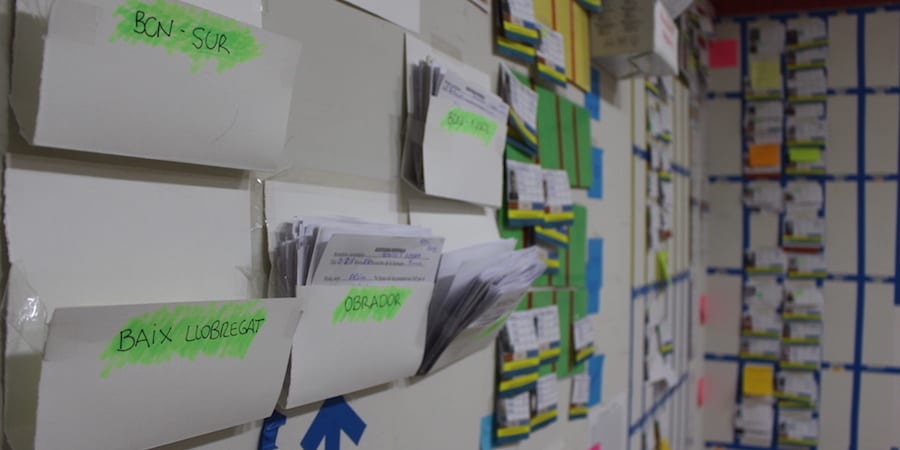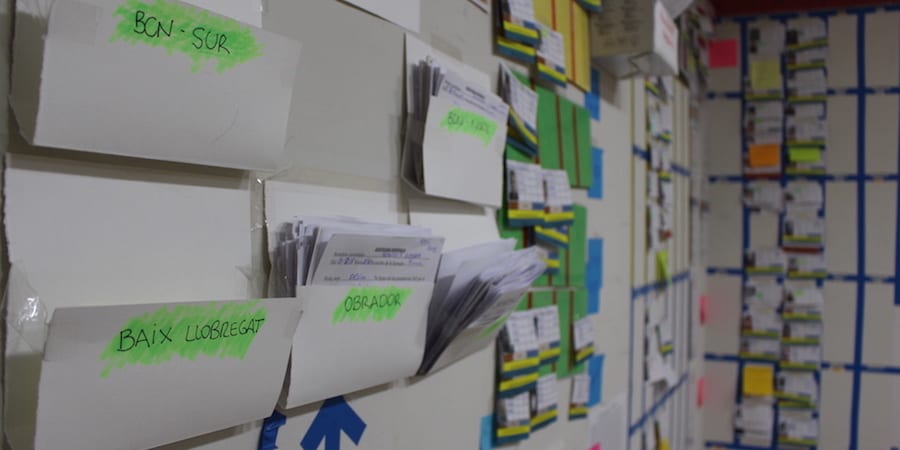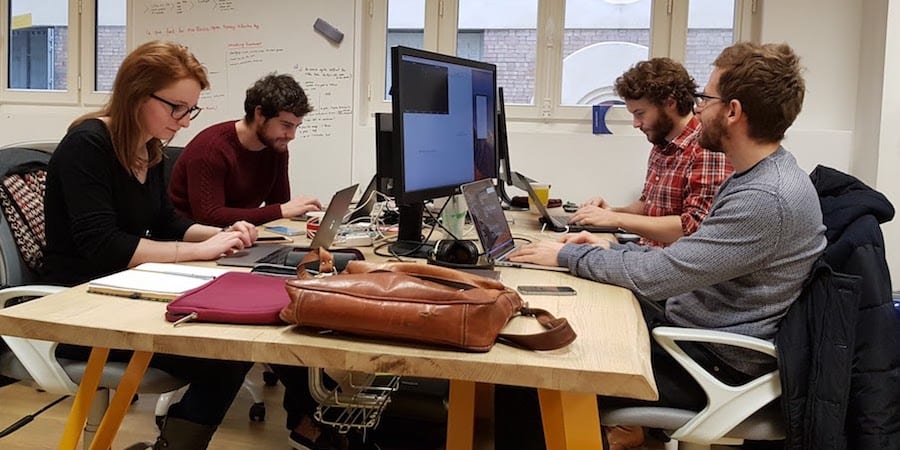
Personal Kanban - visualize tasks to make sense of your work
INTERVIEW – Overburdened and worn out? Visualizing your tasks using Personal Kanban can help you make sense of a busy schedule and reduce your stress, says Jim Benson.
Interviewee: Jim Benson, creator of Personal Kanban and CEO of Modus Cooperandi
Planet Lean: What is Personal Kanban and what need does it aim to meet?
Jim Benson: Personal Kanban is a system with two rules: visualize your work and limit your work in process. Here’s the need it meets: most knowledge work (and personal tasks) that people undertake is invisible and we want people to get it out of their heads and into a visual system that we can manage. Most of our brain is devoted to the processing of visual information.
PL: What happens in our brain when we are overburdened and how can Personal Kanban help?
JB: When we are overloaded, the first thing we do is feeling annoyed about people having given us too much work. We are now expected to finish all of those tasks. Then, we get frustrated with the people around us because we think they have a much easier life than we do (we don’t realize that everyone is equally overloaded). Then we start to feel like martyrs, that we have always been given that much work, and that because we have been given everything to do we must be the most important people in the world.
What we are actually not doing there is slowing down, looking at work, figuring out what’s wrong and making things better. We run out of time to actually think about work.
When people use a Personal Kanban they take all the tasks in their heads and visualize them in a backog. Visualization creates cognitive ease. At this point they realize that they can choose what they have to do and that they cannot do everything at once.
We also encourage people to limit their work in process and only do two or three things at a time. That allows them to finish work with quality and to ask themselves the right questions, like “Am I undertaking the right processes?” “Am I doing the right thing?” or “Was this task necessary to begin with?”
THE INTERVIEWEE

Read more


INTERVIEW – A former VP of Operations from Thales tells Catherine Chabiron how he and his team turned around their department by committing to lean thinking and focusing on people development every day.



THE LEAN BAKERY – In the last episode of our video series, we learn how 365 is using an impressive visual management system to manage the accounting and human resources functions.


INTERVIEW - Having to adapt to changing customer needs, KLM Catering Services decided to turn to lean thinking, reducing its changeover times and recycling more.


BUILDING BRIDGES – In this new series, people from startup studio M33 discuss their relationship with lean thinking and how the methodology helps them in their daily work.

